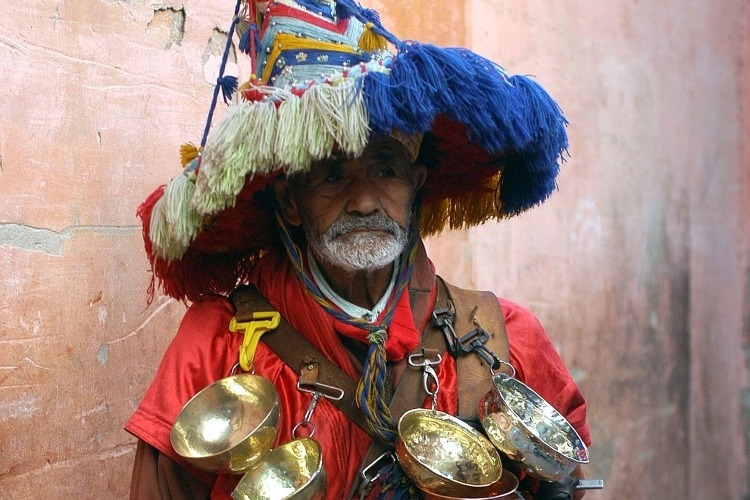Ever heard of Japan’s professional cuddlers or India’s ear cleaners? These jobs really do exist! And the same applies to the Middle East, with its very own interesting collection of jobs that may not exist outside the MENA region. Here are a few.
Sayes (Egypt’s informal car parker)
Imagine you are entering the parking lot of a mall. You find an empty parking spot, so you start driving towards it, but then all of a sudden, an individual appears out of nowhere. They would gesture their hand as though they are bouncing a basket ball as a way to ask if you want to park. If you nod your head, they will help you park your car. You can either visually follow their series of hand gestures including the famous hand spin motion indicating that you should turn fully to the left or right or you can open your window and listen to his instructions.
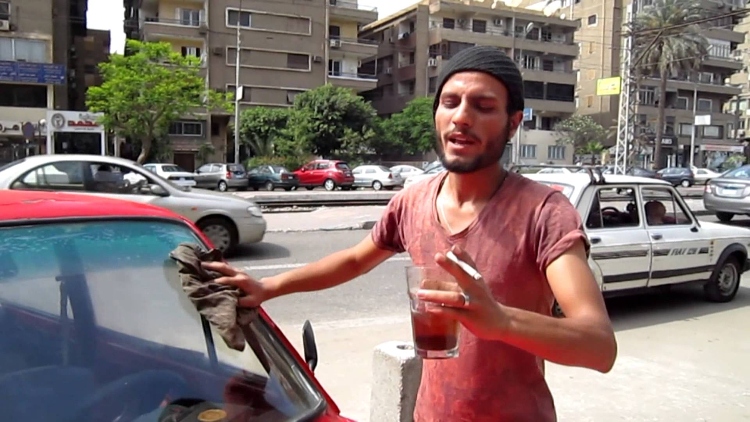
Once you have parked your car, they will be expecting a fee for their services. The common amount is usually 5 L.E., yet in some places the sayes may ask for more. That is when you have to rely on your negotiation skills. It is a known fact that most Egyptians do not tolerate suyas especially as their job is deemed illegitimate. They would usually head to any public parking space and mark it as their territory without any form of legal licensing. Yet, to a rare few, a sayes can be a saving grace, especially if you are still learning how to park or need to park in a tight space like a narrow street with barely any room to move around.
Mutawif (Saudi’s Hajj organizer)
With the annual Hajj being an elaborate, multi-day religious event consisting of a series of steps and rituals, many of the pilgrims would be accompanied by a mutawif to help guide them throughout the process. Working under the supervision of the Ministry of Hajj and Umrah, the Mutawif would be assigned a group of pilgrims starting from the moment they arrive to Hajj up until the last day and would guide them through all the Hajj rituals that they have to perform.

They would be equipped with the knowledge needed to assist pilgrims from all around the world including food and drink recommendations. They would assist the pilgrims if they suffer from any health issues by taking them to the hospital to ensure they receive good care. Additionally, the Mutawif would provide them with accommodation throughout the Hajj period.
Guerrab (Morocco’s water seller)
As you walk along certain neighborhoods of Morocco’s Marrakech, you may stumble upon a man donned in traditional berber attire, with a large colorful tasseled hat. He would also have bells and brasses attached to his costume which would jingle as he moves. Pouring water from a camel leather bag, a Guerrab would offer you a brass cup filled with fresh water to help quench your thirst after a day spent exploring the sultry alleyways and streets of Marrakech.
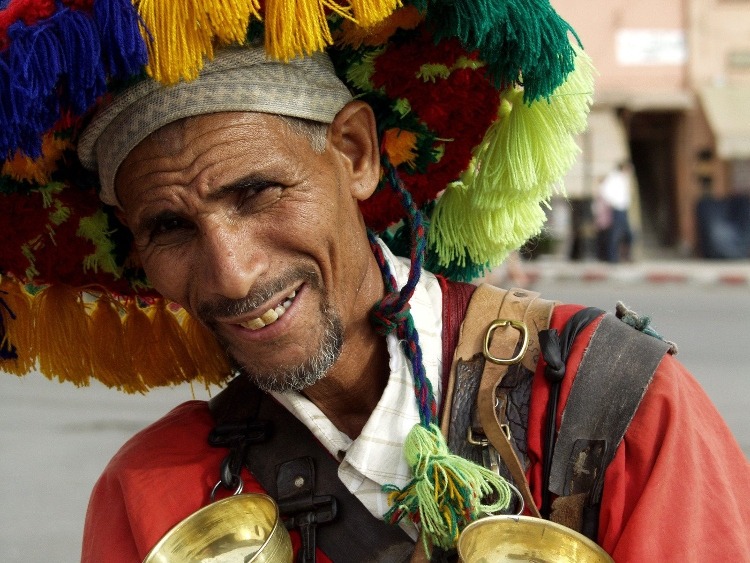
What is interesting is that despite him being a water seller, a guerrab is more likely to earn more money from tourists wanting to be photographed with him rather than from serving water. Unlike a sayas, a guerrab accepts any fee offered by tourists.
Chai karak maker (UAE’s favorite tea seller)
If you ask anyone in the UAE what is their go-to drink, most will enthusiastically say “Chai Karak”. Brought in from India to the Gulf region during the 1960s, this spiced tea has become a quintessential part of the region’s culture. Served everywhere all over the UAE and other Gulf countries for only one dirham, chai karak makers would follow a basic recipe of loose tea leaves that have been brewed with spices such as cardamom which are then boiled and served with evaporated milk.
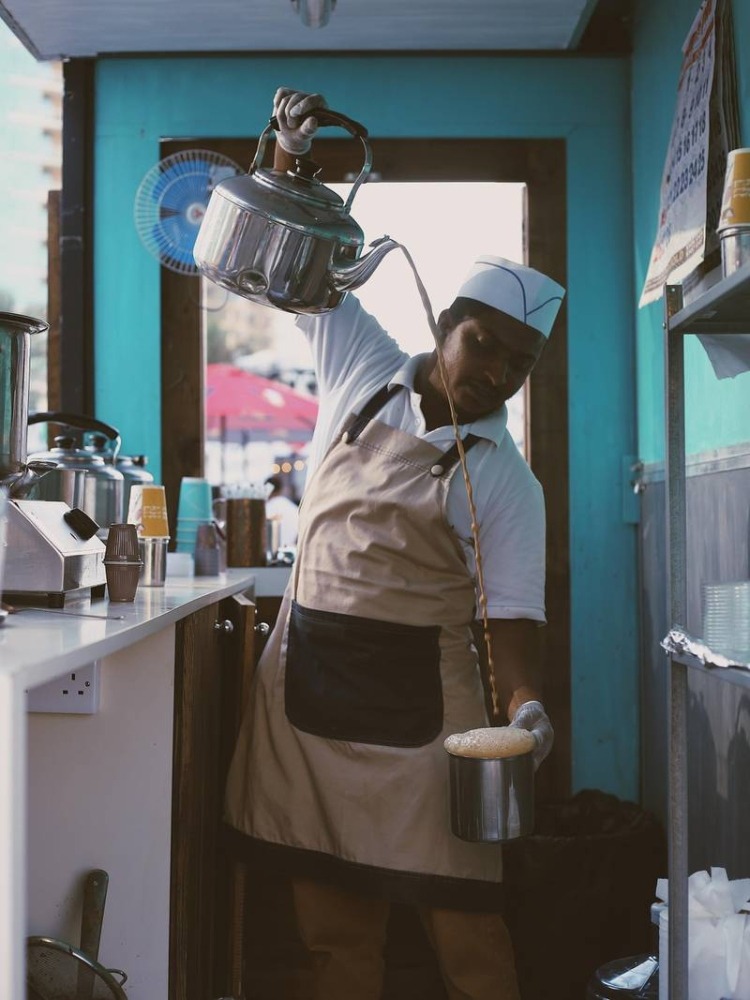
It is always a joy to watch them make the tea especially when they perform their signature move of pouring the frothed tea from a great height onto a small paper cup to be served hot to awaiting customers. Nothing beats that warm, comforting feeling you get when you take that first sip of Chai karak.
Kiswa stitcher (Saudi’s Ka’ba embroiderer)
With millions of pilgrims flocking to Mecca every year to perform their umrah or Hajj, no one really thinks of what goes on behind the scenes when it comes to the Ka’ba’s famous black cover, known as the kiswa. Every year, a brand new kiswa gets made by a group of Saudi craftsmen in a factory in a district in Mecca known as Oum Al Jood. To many of the craftsmen, this is a life long profession wherein some have stitched and embroided the cloth of the kiswa for more than ten years.
During the beginning of Hajj, the new kiswa would replace the old one. Made from silk and cotton, the verses of the Quran are embroidered on its cloth with golden thread. Once Hajj season is over, any leftover pieces of cloth would get distributed to religious organizations.
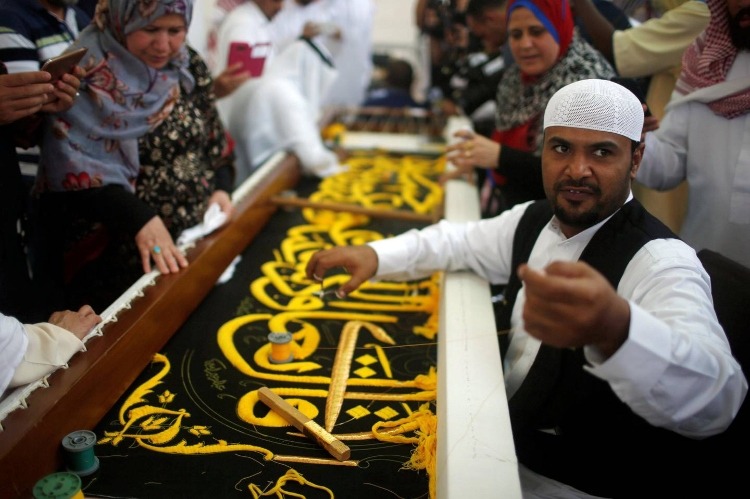
Nabatchi (Egypt’s wedding hype man)
Who wouldn’t love a man that would not only hype up guests at your wedding but also convince them to give you and your partner money as part of your wedding gift? That’s basically the gist of Egypt’s very own wedding hype man known as the Nabatachi. In Egyptian street weddings, which usually take place at the bride and groom’s neighborhood with a stage and a set of performances, the Nabatachi’s main goal is to collect as much money, known as “no’ta”, as possible from the guests. He would hop on stage, entertain the audience, call them by their name and occupation so they would come up on stage and give him the ‘no’ta’.
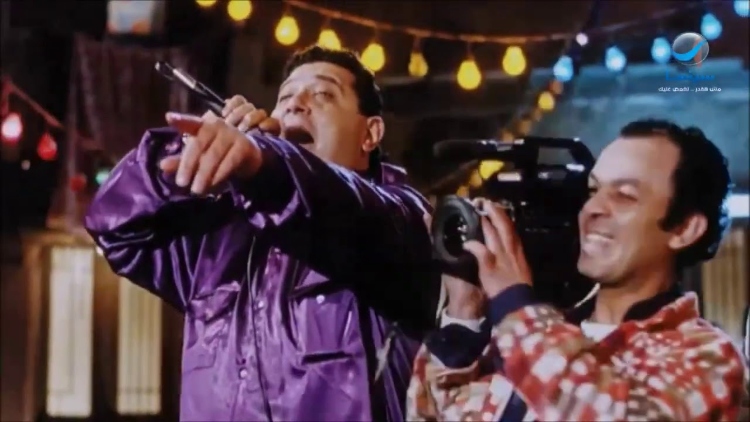
Based on Egyptian wedding etiquette, the family of the bride and groom may then pay back their guests when it’s their turn to have their own wedding. Every no’ta that is paid in the wedding is taken note of so that it can be repaid later on.
Negafa (Morocco’s Bridal Assistant)
During Moroccan weddings, a special lady coined with the title of “Negafa” is in the charge with everything that has to do with the bride. From helping her to get dressed and ready for the wedding to teaching the bride the correct way to walk, sit, and stand, a Negasa ensures that Moroccan traditions are upheld, respected and applied on the bride’s special day. She also provides emotional support for the bride by fanning her when its hot and fixing her makeup if she sheds a few excited tears.
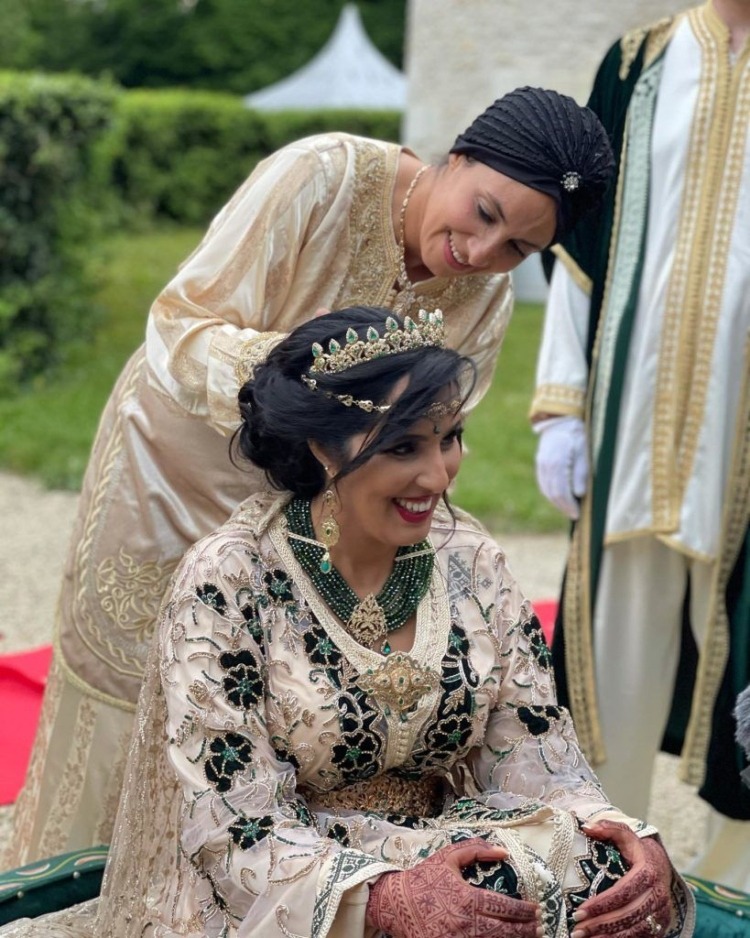
A Negafa also cares about the bride being the star of the night. Whenever the bride makes a costume change, which can occur up to seven times in one wedding night, the Negasa would announce the arrival of the bride in a unique way. She would have to make sure that everyone is quiet and that they are paying full attention to the bride when she enters the room.
WE SAID THIS: Don’t miss Check out Top 15 Interesting, Unique, and Weird Jobs!


